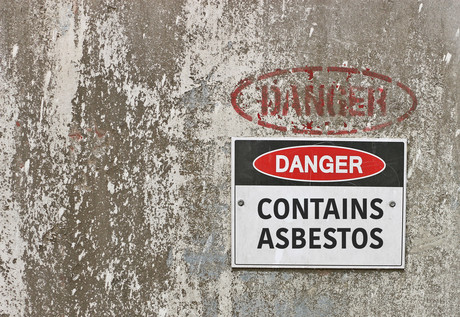WA conducts asbestos inspections on plant and machinery

A proactive inspection program is being carried out by WorkSafe WA to search for the presence of asbestos in plant and machinery.
The program will examine a wide range of imported plant, from rail carriages to quad bikes and many other types of machinery, to see if they contain any asbestos.
WorkSafe Director Sally North said asbestos had recently been found in the friction plates of rail carriages imported from China.
“As a consequence of finding asbestos in these train parts, we have decided to look at a diverse range of imported plant and parts to ensure they comply with the requirements of Australian legislation,” North said.
“The inspection program will involve several phases, but due to this discovery of asbestos in friction wear plates, the first phase will look at asbestos in the WA rail network.
“WorkSafe expects importers of plant and machinery to have rigorous systems in place to ensure the products and items they import do not contain asbestos. They should not simply depend on the information provided by manufacturers, but should conduct their own testing.
“WorkSafe strongly recommends that the samples be collected by a competent person and examined in a test facility or laboratory accredited by the National Association of Testing Authorities (NATA).”
A number of countries allow a relatively high proportion of asbestos before a product is classified as containing asbestos.
In addition, some countries that manufacture at low cost have unreliable quality assurance systems that could allow asbestos to find its way into products claimed to be asbestos-free.
In recent years, asbestos has been identified in a range of imported plant and equipment including rail cars, scooters, quad bikes, acetylene cylinders, light vehicles, industrial processing plant and power generating plant.
Components at risk of containing asbestos include brakes, clutches, friction components, exhaust gaskets and packing gaskets. Structural materials with a fibrous content may also contain asbestos.
“The import of asbestos-containing machinery and parts has been banned in Australia since December 31 2003, but there are still some workplaces that have plant that was installed before the ban,” North said.
“In these workplaces, employers need to ensure they have adequate systems in place to identify the presence of asbestos in machinery, assess the condition of this asbestos and ensure the plant or machinery is adequately maintained using methods that do not release respirable asbestos fibres into the atmosphere.”
WorkSafe inspectors will focus on making sure employers have systems in place to prevent or manage importation of asbestos in plant and to manage asbestos that was present prior to 2004.
Inspectors will work with the aid of a checklist to ensure consistency and will take enforcement action such as issuing notices if they find breaches of workplace safety laws.
Key stakeholders have been notified of the inspection program and detailed information is available on WorkSafe’s website so employers can be aware of what will be expected of them if an inspector visits.
“These proactive inspection programs aim to provide employers with information on how to comply with workplace safety laws and help them to identify risks to the safety and health of workers,” North said.
“We firmly believe that raising awareness with proactive inspection programs is the best way in which to lessen the risk of work-related injury and illness.”
New asbestos guidance released for health and safety representatives
Safe Work Australia and the Asbestos and Silica Safety and Eradication Agency have released a new...
November is National Asbestos Awareness Month
November is National Asbestos Awareness Month — here are some key asbestos facts and...
$131K in fines after gas explosion engulfs four workers in flames
A water tube boiler company, its director and a qualified gas technician have been fined a total...








